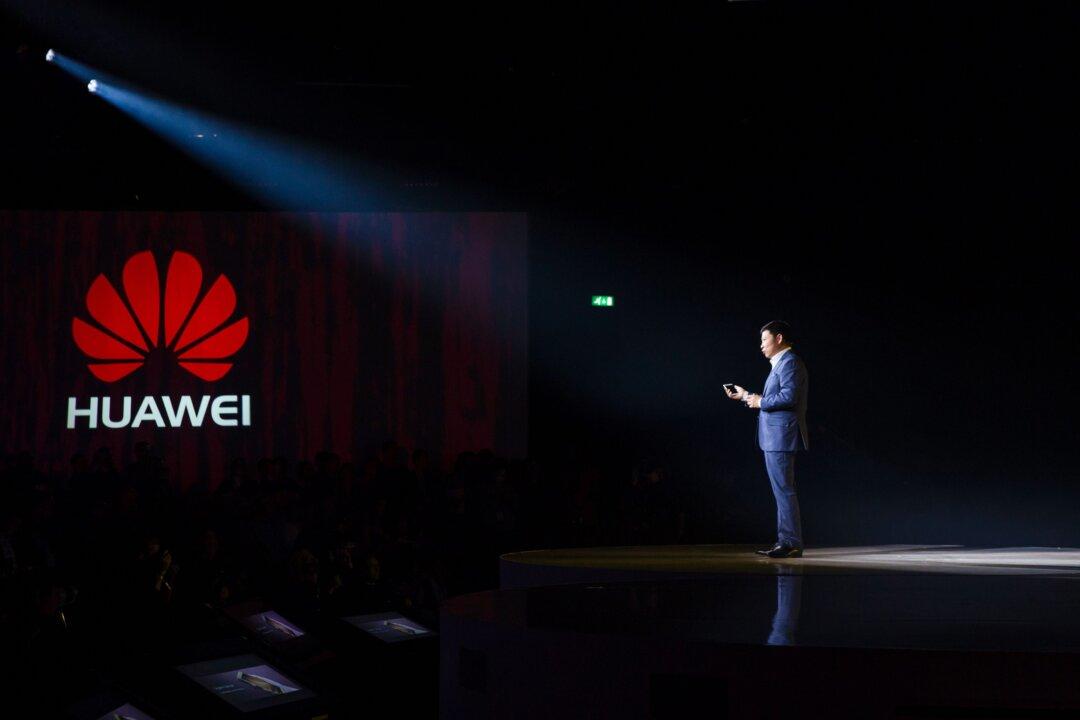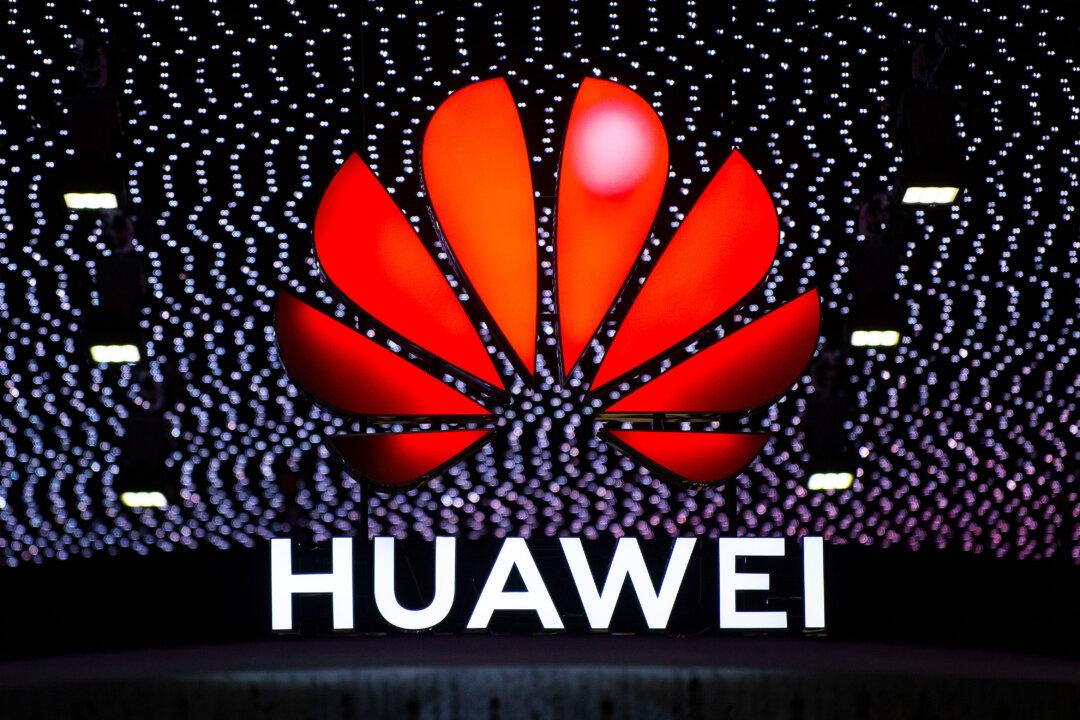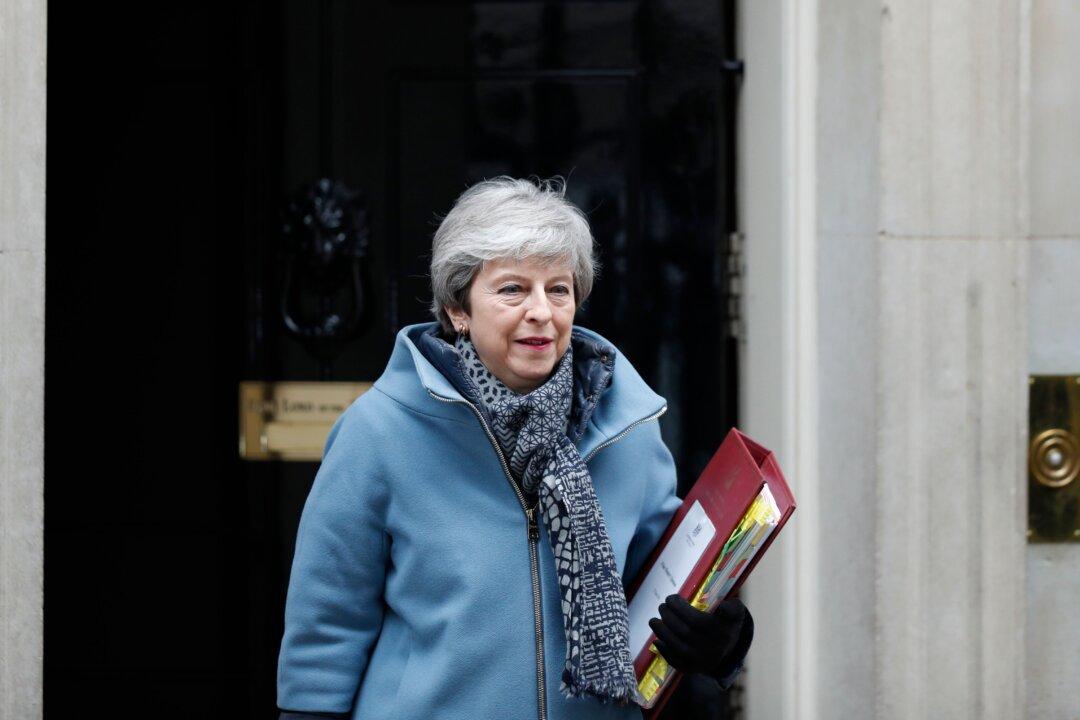LONDON—British lawmakers are urging universities to be very cautious about accepting money from Huawei, amid increasing international scrutiny of the Chinese communications company.
World-renowned universities such as Cambridge, Oxford, Manchester, and York have accepted funds from Huawei totaling more than $7.5 million, as the company seeks to fund research and recruit students.




